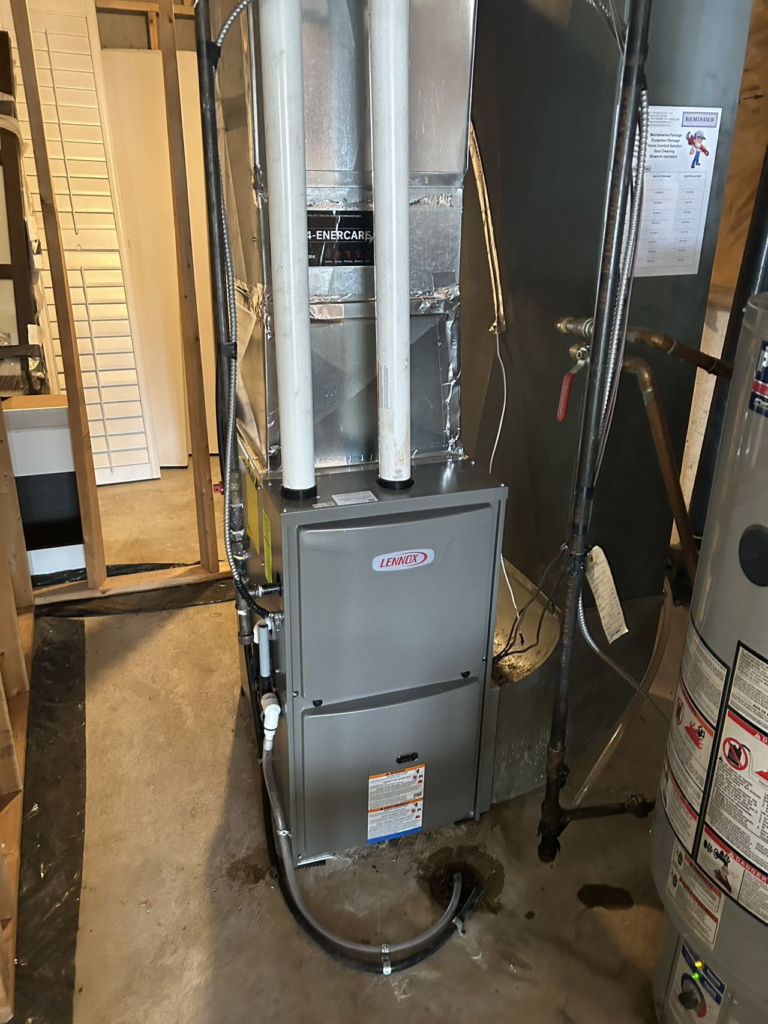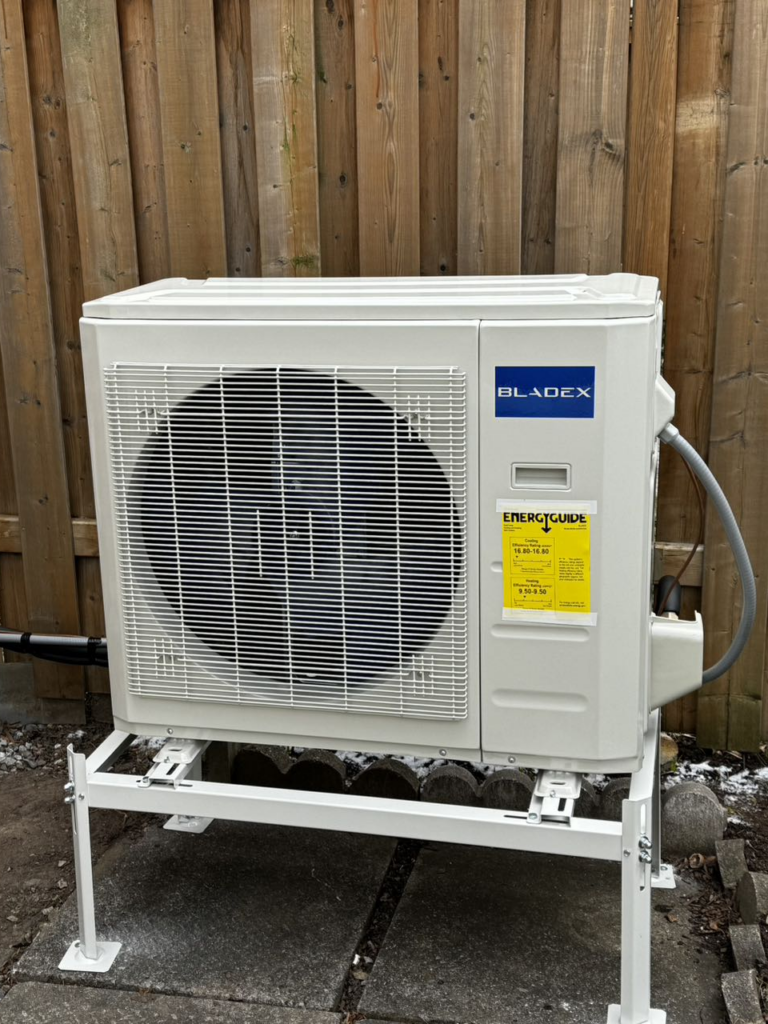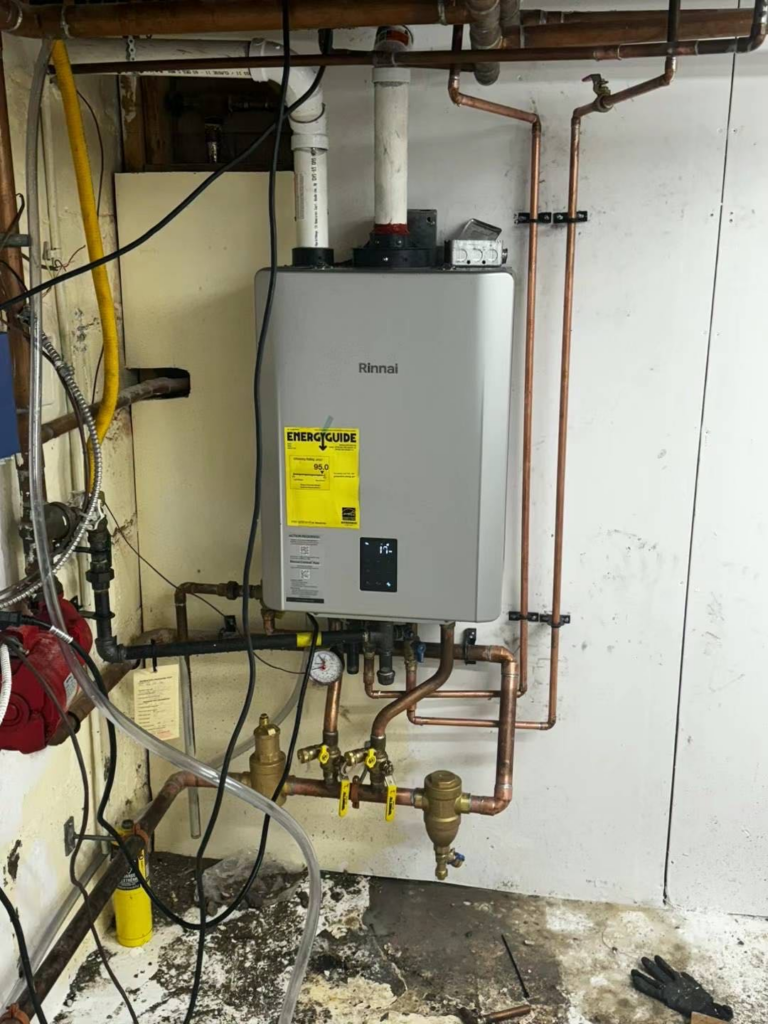When it comes to heating your home efficiently, it’s essential to understand the type of heating system you have. Whether you own a furnace, heat pump, or boiler, each system has unique characteristics. Here’s a breakdown of how to identify your system and how each works.
How It Works:
A furnace uses natural gas, propane, oil, or electricity to heat air, which is then distributed through ductwork to warm the home.

How It Works:
A heat pump transfers heat from outside air (air-source) or ground (geothermal) to heat the home. It can also cooling in summer by reversing the process.

How It Works:
A boiler heats water and circulates it through pipes to radiators, baseboard heaters, or radiant floor heating systems to warm a home.

Q: How do I know which heating system I have?
A: Check for visible components like ductwork (furnace), an outdoor unit (heat pump), or radiators/pipes (boiler). If unsure, consult your owner’s manual or a professional.
Q: What maintenance does each heating system require?
A: Furnaces need filter changes and periodic inspections, heat pumps require coil cleaning and refrigerant checks, and boilers need flushing and leak inspections.
Q: Can I upgrade from one heating system to another?
A: Yes, but it depends on your home’s infrastructure. Switching from a furnace to a heat pump, for example, may require electrical upgrades, while installing a boiler requires plumbing modifications.
Q: Which system is best for extreme cold climates?
A: Furnaces and boilers perform better in extreme cold, while heat pumps may require supplemental heating.
Q: What are common problems with each heating system?
A: Furnaces may experience blower motor failures, heat pumps can struggle in freezing conditions, and boilers may develop leaks or pressure issues.
Regardless of your system, regular maintenance and professional inspections will ensure optimal performance and longevity. If you need expert advice or installation services, contact iCare Home Comfort Inc. for professional heating solutions tailored to your needs!
GTA Leading provider of heating, cooling, and water heating and treatment needs for over 15 years.

Get 5% off when you sign up for emails with savings and tips.
© 2024 ICARE HOME COMFORT INC. Design by Tensor Canada | Privacy Policy | Terms and Conditions